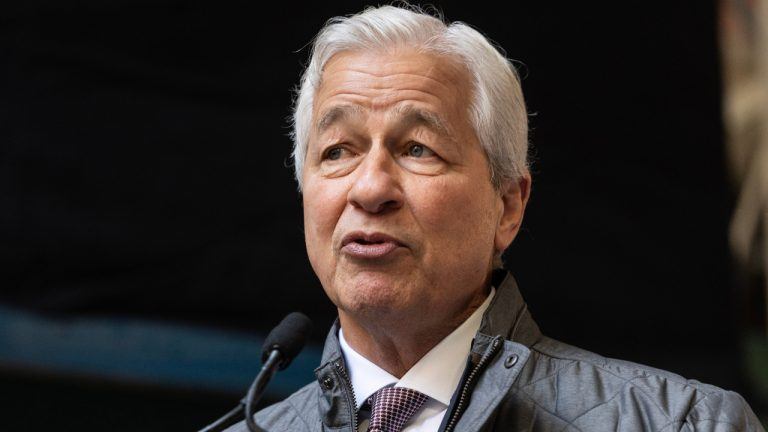Regulator Reiterates Call for EU Ban on Proof-of-Work Mining

The EU should prohibit proof-of-work crypto mining, an executive at the European securities watchdog has insisted. Coins relying on the energy-intensive method of minting pose a risk to efforts aimed at meeting climate change goals such as those set in the Paris Agreement, the regulator says.
Bitcoin Mining Now Attacked in EU for Burning Too Much Renewable Energy
A high-ranking financial regulator has reiterated a call for an EU-wide ban on cryptocurrency mining based on the proof-of-work concept. The power-hungry model employed in the minting of major cryptocurrencies like bitcoin — as well as ethereum at this point — has been blamed for using increasing amounts of renewable energy, allegedly slowing down climate transition in other sectors.
Speaking to the Financial Times, the Vice-Chair of the European Securities and Markets Authority Erik Thedéen stated that regulators on the Old Continent should consider banning proof-of-work mining and try to steer the industry towards the less energy-intensive proof-of-stake method. This, according to the ESMA official, will lower its huge power consumption.
Thedéen, who also serves as director-general of Sweden’s Financial Services Authority, noted that bitcoin mining has become a “national issue” for his own country. In November, he and Björn Risinger, head of the Swedish Environmental Protection Agency, singled out proof-of-work mining as the main reason for bitcoin’s high energy usage and issued the initial call for a ban in the EU.
“The solution is to ban proof of work,” Thedéen has now insisted again, emphasizing that proof-of-stake has a significantly lower energy profile. “We need to have a discussion about shifting the industry to a more efficient technology,” the regulator elaborated. Thedéen was clear, however, that he was not advocating a wide crypto prohibition.
Cryptocurrency mining has been criticized for its growing impact on the environment. Last May, China — which at the time had the largest share of the global hashrate — launched a crackdown on the industry following President Xi Jinping’s pledge to achieve carbon neutrality. Miners have been working to increase the proportion of renewable energy in the mix that powers their hardware. However, Erik Thedéen says:
It would be an irony if the wind power generated on Sweden’s long coastline would be devoted to bitcoin mining.
Mining companies have been relocating to countries with developed wind and solar power generating capacities such as Sweden and Norway, which mulls backing the Swedish proposal. Thedéen now warns that if authorities fail to intervene, a significant amount of renewable energy would go towards minting digital currencies instead of helping traditional services move away from coal-powered energy sources.
Do you think the EU will respond to Sweden’s call and ban proof-of-work crypto mining? Share your expectations in the comments section below.






